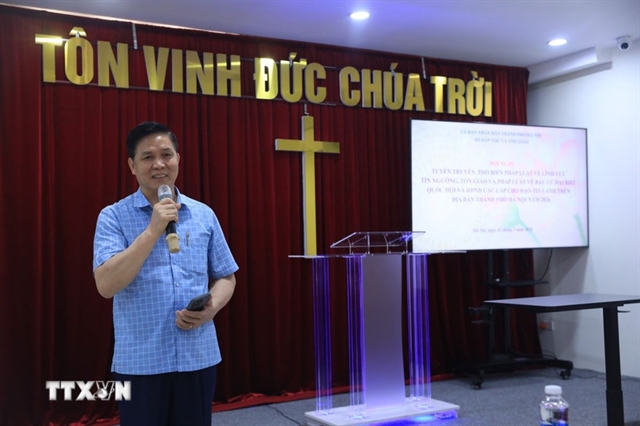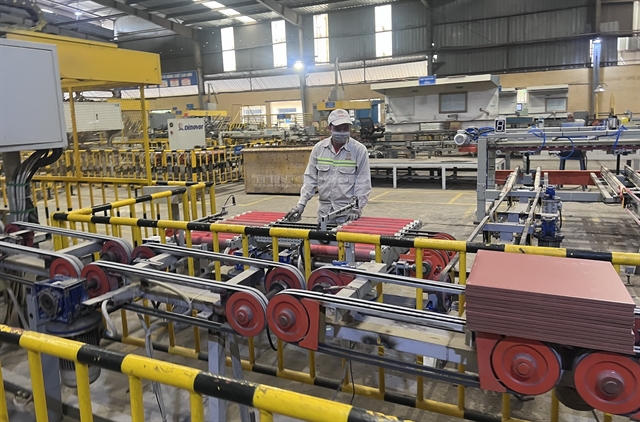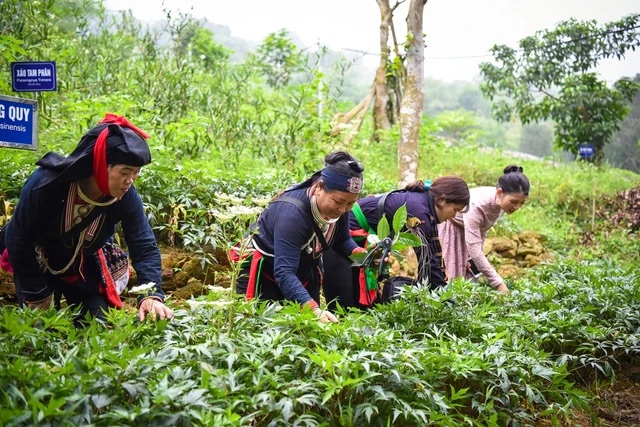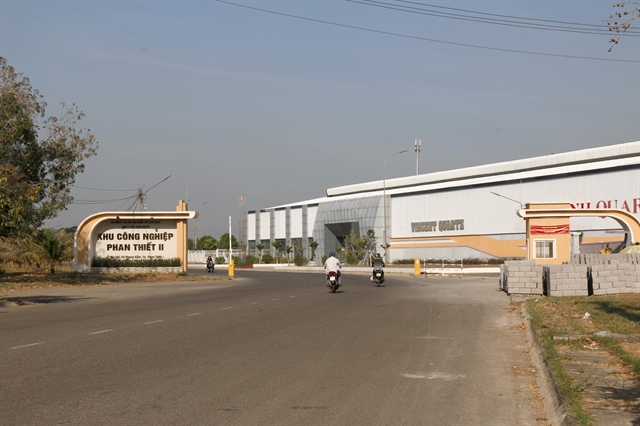 Society
Society
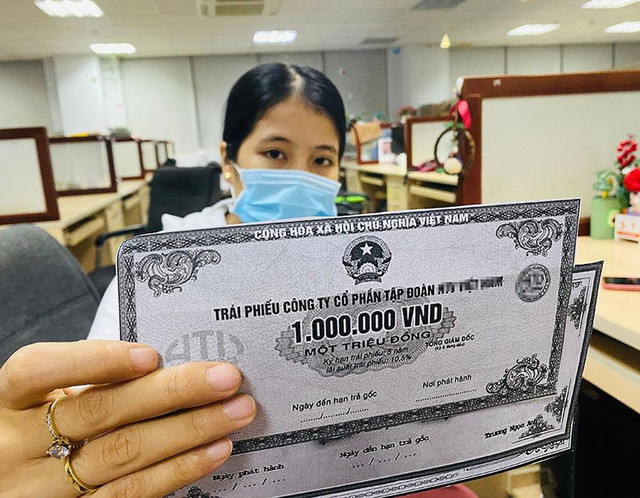
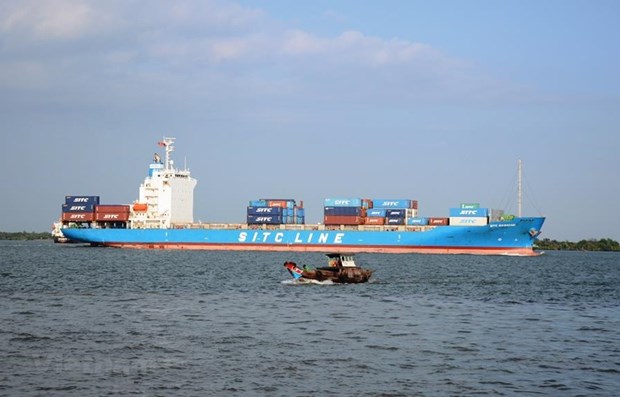
|
| Inland waterway transport will promote the advantages of transporting large volumes of goods and low transport costs at medium distances. VNA/VNS Photo |
HÀ NỘI – The Ministry of Transport has just approved a project for developing waterway corridors and logistics in the Southern region funded by the World Bank (WB).
Accordingly, the project aims to improve the infrastructure system and reduce congestion, accidents, and the cost of transporting goods by waterway through renovating and upgrading the East-West transport corridor connecting the Mekong (Cửu Long) Delta region, and improving the North-South transport corridor connecting the Southeast region with the Cái Mép Thị Vải port cluster.
The project will dredge and improve waterways to remove blockages on the East-West corridor through the rivers of Hậu, Trà Ôn, Măng Thít, Cổ Chiên, Tiền, Vàm Cỏ, Cần Giuộc and Soài Rạp, and the canals of Chợ Lách, Kỳ Hôn, Nước Mặn, Chợ Gạo and Lá in Cần Thơ Province and HCM City.
In addition, the project addresses congestion on the North-South corridor through the rivers of Đồng Nai, Nhà Bè, Lòng Tàu, Đồng Tranh, Tắc Cua, Gò Gia and Thị Vải.
Once the project is completed, the East-West and North-South transport corridors in the southern region will ensure traffic capacity for large ships and container ships for transporting goods.
The project has a total investment worth nearly VNĐ3.9 trillion, equivalent to US$163.34 million, of which WB loan capital is VNĐ106.96 million (equivalent to more than $2.55 billion), non-refundable aid capital from the Australian Government is $580,000 (VNĐ 13.9 billion), and counterpart capital is expected to be more than VNĐ1.33 trillion ($55.79 million).
The implementation period is five years after the Funding Agreement takes effect, which is expected from 2023 to 2027.
The Ministry of Transport required the Waterway Project Management Board - the project investor - to receive appraisal opinions and comments from relevant agencies and units to complete project documents according to regulations.
The board is also asked to urgently coordinate with donors and relevant agencies to prepare and implement negotiation procedures and sign loan agreements for the project as a basis for investment implementation, as well as to closely cooperate with localities in compensation, resettlement, and financial support ensuring project progress.
The project will contribute to increasing water transport capacity and connecting with deep-water ports inland. VNS

